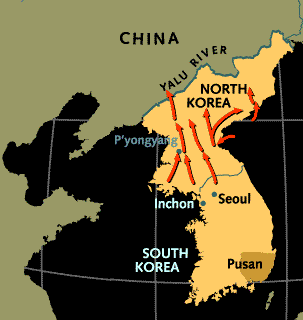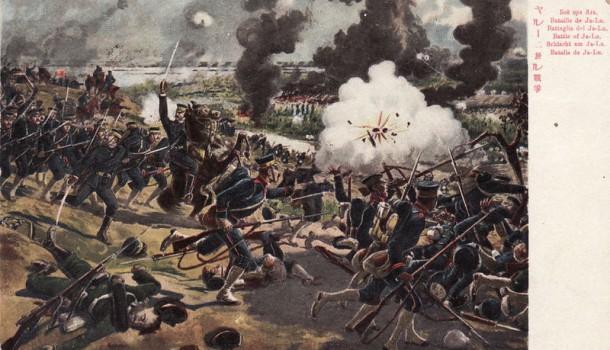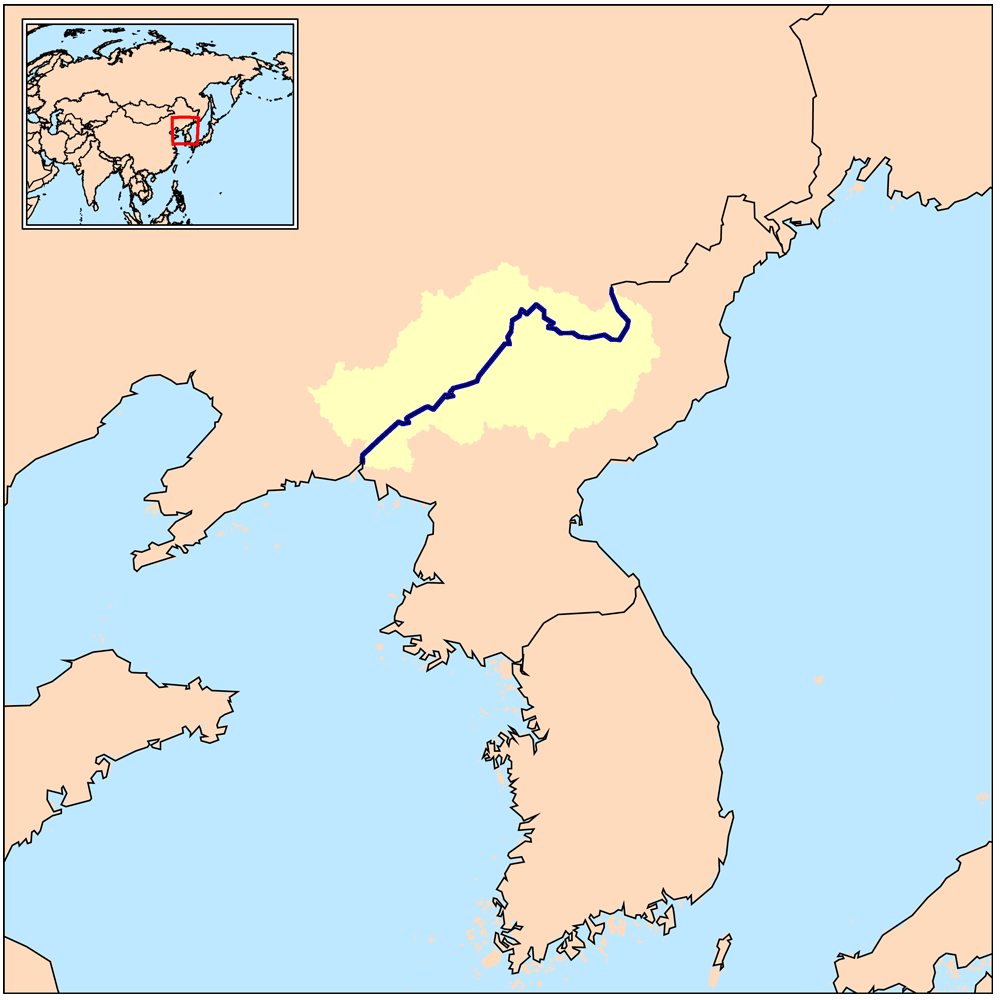
However, the imperial court called him a coward and his recommendation was turned down.


Li wanted to delay the battle against the Japanese fleet, thus allowing the Chinese more time to equip their ships with additional ammunition. Live ammunition training was rarely carried out. Philo McGiffin noted that many of the gunpowder charges were "thirteen years old and condemned." What little ammunition there was, was to be preserved for real battle. Corruption seems to have played a major role many Chinese shells appear to have been filled with cement or porcelain, or were the wrong caliber and could not be fired. This lack of training was the direct result of a serious lack of ammunition. Though well drilled, the Chinese had not engaged in sufficient gunnery practice beforehand. Navy and an instructor at the Weihaiwei naval academy, was appointed to Jingyuan as an adviser or co-commander. Philo McGiffen, formerly an ensign in the U.S. Tyler, a sub-lieutenant in the Royal Navy Reserve and an Imperial Maritime Customs officer, was appointed as von Hanneken's assistant. The Beiyang Fleet could also call on the assistance of numerous military advisers, including Prussian Army Major Constantin von Hanneken, recently from Korea, who was appointed as the naval adviser to Admiral Ding Ruchang. On paper, the Beiyang Fleet had the superior ships, included two pre-dreadnought battleships, Dingyuan and Zhenyuan, for which the Japanese had no counterparts. The Beiyang fleet had completed escorting a convoy to the mouth of the Yalu River, and was returning to its base at Lüshunkou when it was engaged by the Japanese navy. However, the Guangxu Emperor was enraged that the Japanese fleet was near Chinese territory, so he insisted that the convoys be continued and that the Japanese fleet be pushed back. This along with the stronghold's coastal defense should defeat the Japanese fleet. This narrow strip of water should minimize the Japanese fleet's speed advantage. So, as the Japanese fleet closed in, Li recommended the convoys be stopped, and that the Beiyang Fleet be kept within its naval stronghold in Lüshunkou (Port Arthur). As a result, the Japanese would have an advantage in open water. The Chinese fleet was bigger and armed with bigger guns. However, he was constrained by orders from Beijing not to allow his ships to cross the line of the Yalu River, as the Chinese government was reluctant to risk China's most modern vessels in combat. As the roads were considered impassable, the only practical way to move a large number of men and equipment was by sea. Command of the sea would allow Japan to transport troops to the mainland.Įven before the Battle of Pyongyang, Chinese viceroy Li Hongzhang had called for reinforcements from the Beiyang Army to bolster the increasingly precarious Chinese position in Korea.

Japan's initial strategy was to gain command of the sea, which was critical to its operations in Korea.


 0 kommentar(er)
0 kommentar(er)
